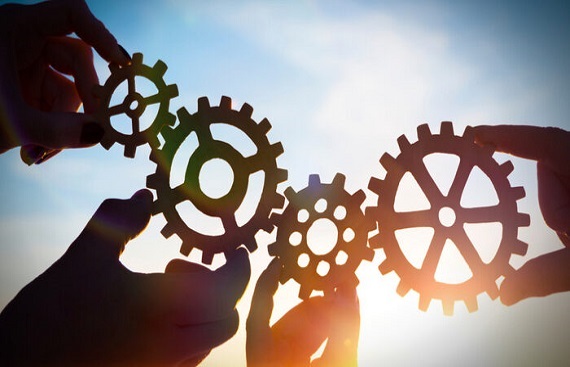The government has started work on a new project that is expected to speed up delivery of myriad citizen services through the help of advanced technologies such as artificial intelligence (AI) and machine learning (ML), officials said.
The idea is to proactively take government services to citizens instead of waiting for them to seek those services.
The project, called the Digital Government Mission, will break down silos and make government systems more intelligent, the officials said.
For instance, a student who qualifies for a government-funded scholarship scheme will get an automatic alert from the concerned department instead of making the student enquire about and apply for the same. Citizens will also have easier access to subsidised food grains through ration cards under the project, which is currently in advanced stages of talks within the Ministry of Electronics and IT. A proposal is likely to be drawn up soon, the officials added.
“Currently, we are operating in silos. Many people are not aware of the benefits. This system will facilitate discovery of eligible people for the benefits and inform them proactively of the schemes for which they qualify,” a senior government official said.
The idea is that the benefits should be offered to citizens without them having to apply for it. “This is the next phase of e-governance,” the official said.
In a recent interview , Minister of State for Electronics and IT, Rajeev Chandrasekhar, had said that the ministry was creating a strategy note on digital government, which is in line with the Prime Minister’s vision of accelerating the digitalisation of government.
“In the last seven years, we have done a considerable amount of work on Digital India, and you’ve had successes like UPI, Aadhaar etc. But in the next three years, hopefully we will create a framework where we break down silos within the government. So, there is a digital government plan that is being architected and designed. It will become the next generation of e-governance,” Chandrasekhar had said.
The overarching idea of trying to receive services without asking for them is the absolute need of the hour, and with AI and ML, the predictive part becomes easier, said Neel Ratan, former managing partner and head of government, at consultancy PwC. “People should be able to get automatic renewals every time their driving licence or passports expire since all the data is already available with the government,” he said.
At best, a message that seeks permission before someone’s passport is renewed or asks if changes need to be made, should be sent, while the rest of the process should be automatic, Ratan added.
“Government should gradually extend this approach for getting all new entitlements as well. With the ability to interlink data, put AI, ML, the governance can become far easier. We can offer services in an integrated manner across services and departments because of which people will see tremendous benefits,” he added.
The government launched the national e-governance mission over 15 years ago when it digitised scores of government services like passports, land records, certificates, income tax in mission mode.
Over the course of several years, almost all government services have been digitised.
However, there is a need for a common interface and make them interoperable.
“We are also looking at platformization of the current projects. For instance, the health mission follows a platform approach where there is going to be one interface for all the major initiatives. Similar is the case for education, agriculture, transport, where we want to transform them into one domain,” the government official said.
Currently, there are many applications, which have to be made seamless and features such as a single sign-in have to be introduced, the official added.
In 2020, the government released a discussion paper on a policy called National Open Digital Ecosystem (NODE).
This ambitious strategy is aimed at replicating the success of successful projects such as Aadhaar, the Unified Payments Interface (UPI), the Goods and Services Tax Network (GSTN) and build “platforms” which not only help the government in improving governance and citizen delivery, but also enable private companies to build applications on top of such “digital rails”.
“Preliminary estimates suggest that by 2030, NODEs have the potential to unlock over $500 billion in economic value together with tremendous societal and governance benefits. The time is truly ripe for India to take the lead and chart a course to unlock this potential,” according to a discussion paper on the NODE policy.








